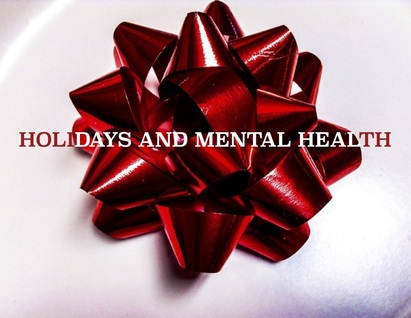
1. Concern from teachers and school counselors or social workers - school staff are usually the first to alert parents that something may be going on with their son or daughter. If the school counselor or social worker express concerned for your teen’s behavior or emotional state, you may want to ask them for a therapist referral.
2. Unusual change or decrease in academic performance - emotional problems are one of the top deterrers to learning and academic success. If your teen is suddenly struggling to perform at school and the teachers are concerned, this may indicate an emotional difficulty that requires therapeutic intervention.
3. Skipping school and classes - truancy and delinquent behaviors are another indicator that something may be interfering with your teen’s ability to function academically and seeking professional help may be beneficial.
4. Frequent arguments at home - every teenager argues with his parents in an attempt to assert their independence and sense of autonomy. However, if the arguments are persistent and worrisome, you may want to consult a professional.
5. Substance abuse (alcohol, marijuana, etc.) - substance abuse is probably the most widely used, self-medicating tool used by both teens and adults to cope with emotional difficulties.
6. Recent change in the family (divorce, separation, etc.) - parental and marital discord is always hard on the children. Professional counseling offers ways to reduce the negative impact of the disruption for the whole family.
7. Loss/death in the family - unexpected life circumstances put strain on every family. Therapy provides a space to make sense of the nonsensical and cope with the loss in a healthy way.
8. Traumatic experiences - physical, sexual or emotional abuse are among the most common reasons for people to seek out professional counseling.
9. Angry outbursts and getting into fights - what cannot be expressed through words is often communicated through action - fights, delinquent behaviors, drinking, etc. This is usually a clear indication that your teen may benefit from psychotherapy.
10. Self-injurious and risky behavior - self-injurious and risk taking behaviors are often signs that your teen is struggling with emotional issues and is trying to cope with them the best way they can.
11. Sexual acting out - teens usually engage in sexual exploration one way or another. However, premature sexualized behavior and comments may be signs of deeper struggles.
12. Withdrawn and isolative behavior can be easily neglected as it is not explosive or loud in any way. However, it may indicate that your teen is depressed and getting a professional opinion is crucial for your kid’s safety.
Remember, the holiday season is a wonderful time to spend with family and friends but it can also be a stressful time for many. Take care of yourself and your family for a warm, happy winter.



 RSS Feed
RSS Feed